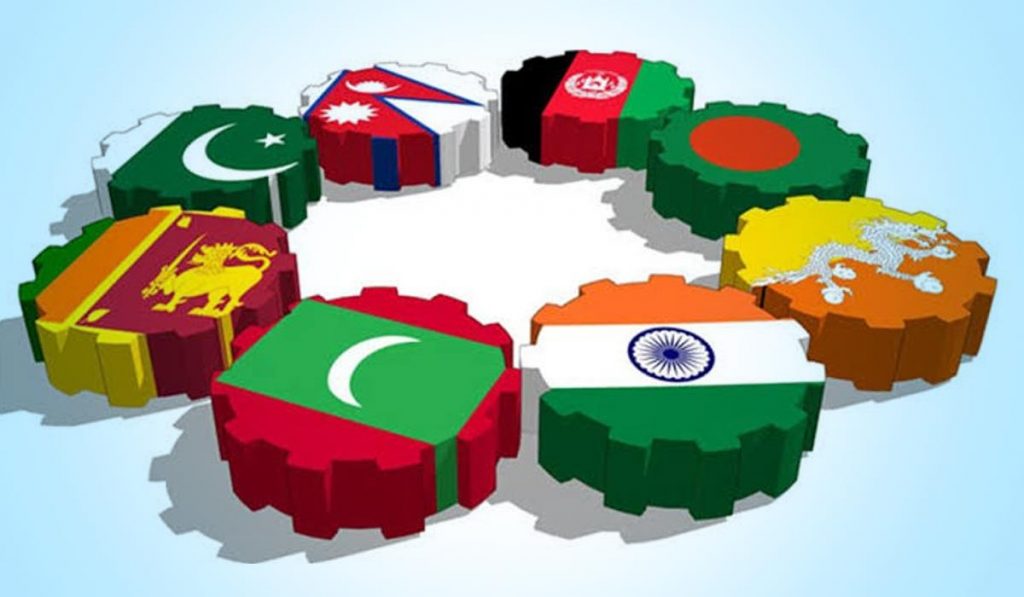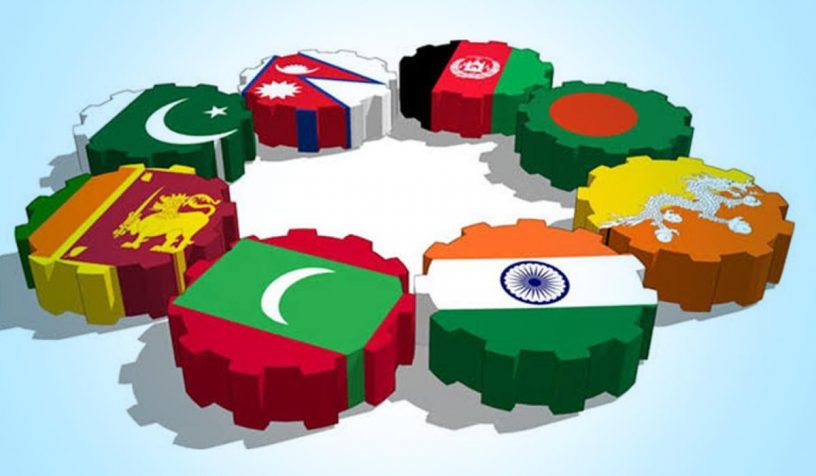
In this study, the researchers examine why regionalism in the South Asian region has under the SAARC framework failed to deliver substantial achievements.
Authors
Pankaj Jha, Professor, Jindal School of International Affairs, O.P. Jindal Global University, Sonipat, Haryana, India.
Srimal Fernando, Doctoral Research Fellow, Jindal School of International Affairs, O.P. Jindal Global University, Sonipat, Haryana, India.
Summary:
The establishment of regional groupings has become increasingly common, especially amongst developing countries. The formation of the South Asian Association for Regional Cooperation (SAARC) in 1985 ushered in the era of institutionalized regionalism in South Asia. However, as a regional institution the SAARC has yet to fully achieve its objectives after three decades of its establishment.
This raises the question: why has regionalism in the South Asian region under the SAARC framework failed to deliver substantial achievements? A secondary question arises: how can the SAARC cope with the changing dynamics of the region? In this paper, we will address both questions relying on interviews with informed individuals as well as documentary evidence from primary and secondary sources.
The world has witnessed a proliferation of regional institutions in the past few decades. Regional arrangements have not only managed to enhance social, political and economic interaction amongst countries but they have also contributed to the promotion of peace and stability.
The South Asian Association for Regional Cooperation (SAARC) was established on 8th December 1985, with its Member States including India, Pakistan, Bangladesh, Nepal, Sri Lanka, Maldives, Bhutan, and Afghanistan.
Published in: The Journal of Social, Political, and Economic Studies
To read the full article, please click here


